How Can You Add Debt to Your Mortgage & Consolidate Debt Without the Stress?
What’s Debt Consolidation All About?
Let’s be honest—juggling multiple debts can feel overwhelming. Debt consolidation is all about simplifying your finances by combining those debts into one manageable payment. This usually means moving high-interest debts, like credit cards and personal loans, into something with a lower interest rate, like your mortgage.
The idea sounds great, right? But there’s a catch. While your monthly payments might shrink, stretching debt over the life of a mortgage can mean paying more interest in the long run. That’s why it’s so important to get advice before jumping in.
What Debts Can You Roll Into Your Mortgage?
Wondering what types of debt you can consolidate when remortgaging? Here’s a quick list:
- Credit card balances
- Personal loans
- Store card debts
- Overdrafts
- Payday loans
- Hire purchase agreements
By adding these to your mortgage, you’re swapping multiple monthly payments for one, often at a lower rate. It’s a great way to take control of your budget and cut down on stress.
How Can You Use Your Mortgage to Consolidate Debt?
There are two main ways we see clients consolidate debt through their mortgage:
- Full Remortgage: This involves switching to a new mortgage and borrowing more than you currently owe. The extra cash covers your debts.
- Second Charge Loan: This is a separate loan secured against the equity in your home. It runs alongside your existing mortgage, so you keep your current deal while accessing the funds you need.
Which option works best depends on how much equity you have, your credit score, and the terms of your current mortgage. We can help you figure that out.
Do You Have to Stick With Your Current Lender?
Absolutely not! While it’s worth checking what your current lender can offer, other providers might have better deals. That’s where we come in—Mortgage Bridge works with a wide range of lenders, including those you won’t find on the high street.
How Can You Tell If You’ve Got Enough Equity to Remortgage?
Lenders look at something called the Loan-to-Value (LTV) ratio. This compares the amount you want to borrow against your home’s current value. Most lenders like to see an LTV of 80-85% or lower.
The more equity you have, the better your chances of getting a competitive deal.
Can You Consolidate Debt If Your Credit Isn’t Perfect?
Got a few dings on your credit report? It might make things trickier, but it’s far from impossible. High street lenders can be picky, but there are specialist lenders who focus on helping people with adverse credit.
At Mortgage Bridge, we work with these lenders daily. We know who’s likely to say yes, so you’re not wasting time on applications that go nowhere.
What’s the Upside of Consolidating Debt Into Your Mortgage?
Here’s why many people choose this route:
- One Payment: No more juggling multiple due dates.
- Lower Monthly Outgoings: Mortgage rates are usually lower than credit card or loan rates.
- Improved Cash Flow: Freeing up money each month can make a big difference.
- Flexible Terms: You can often choose between fixed and variable rates.
Are There Any Risks You Should Know About?
Like anything in finance, there are a few downsides to consider:
- Paying More Interest Overall: Stretching debt over a longer term can increase total interest costs.
- Secured Debt: Your previously unsecured debts become secured against your home.
- Fees: Remortgaging can come with arrangement fees, valuation costs, and legal expenses.
That’s why it’s so important to run the numbers before making a decision. We can help with that.
How Do You Know If Debt Consolidation Is Worth It?
Here’s how to figure out if it’s the right move:
- Add Up Current Payments: Look at what you’re paying each month on debts.
- Estimate New Mortgage Payment: Use an online calculator or ask us for help.
- Compare Total Repayment Costs: Will you pay less overall, even if the term is longer?
- Check Affordability: Make sure the new monthly payment fits comfortably within your budget.
Does Home Equity Affect Your Options?
Absolutely. The more equity you have, the better your chances of getting a great deal. Lenders are more comfortable offering competitive rates when you have a lower LTV.
Can You Get a Debt Consolidation Mortgage With Bad Credit?
Yes, you can. While having a higher credit score helps, it’s not the only factor lenders consider. They’ll also look at your income, equity, and overall financial situation.
We work with specialist lenders who understand that life happens. If you’ve had credit issues in the past, we can still help you find options.
How Can You Boost Your Chances of Approval?
Here are a few tips to improve your odds:
- Check Your Credit Report: Make sure everything’s accurate.
- Pay Down Existing Debt: Even small reductions can help.
- Stabilise Your Income: Lenders love consistency.
- Build Equity: The more you own, the better your position.
Is Consolidating Debt Into Your Mortgage the Right Move?
It really depends on your situation. Consider:
- Total Repayment Cost: Will you pay more in the long run?
- Monthly Affordability: Can you comfortably manage the new payment?
- Risk Tolerance: Are you okay with securing previously unsecured debt against your home?
The Bottom Line—Is It Worth It?
Consolidating debt into your mortgage can simplify your finances and cut monthly payments. But it’s not the right move for everyone. The key is understanding the long-term impact and making sure it fits your financial goals.
At Mortgage Bridge, we’re here to talk it through, crunch the numbers, and help you find the best path forward. If you’re thinking about consolidating debt into your mortgage, let’s chat and see if it makes sense for you.
